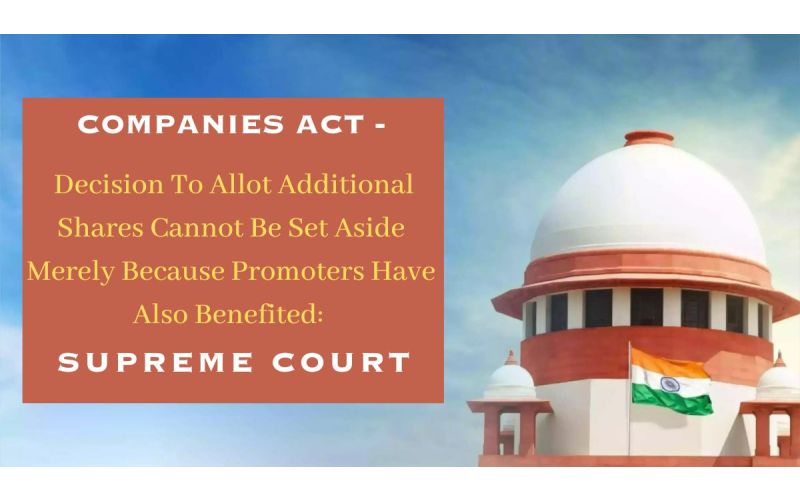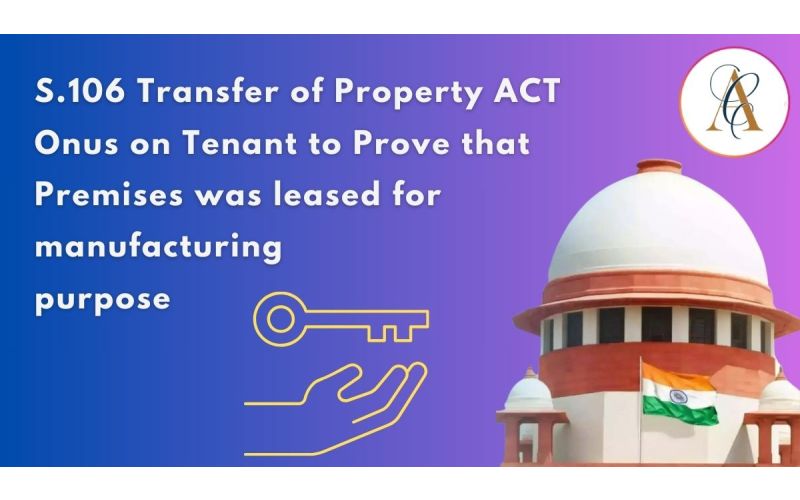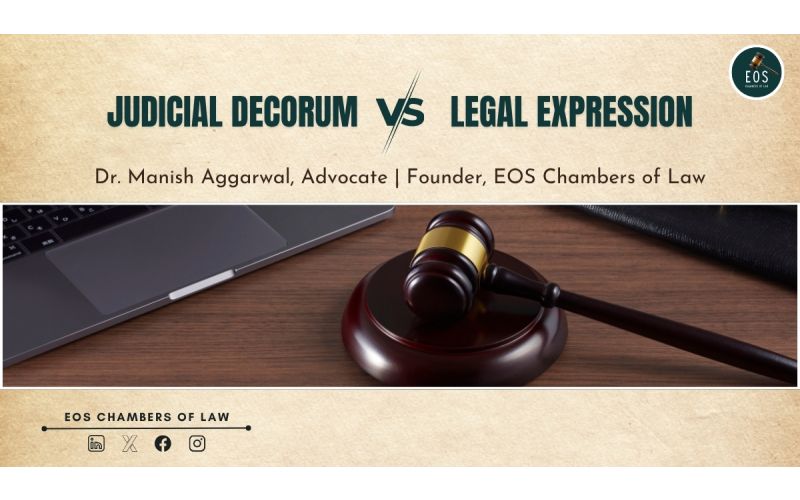Companies Act – Decision To Allot Additional Shares Cannot

Companies Act – Decision To Allot Additional Shares Cannot Be Set Aside Merely Because Promoters Have Also Benefited: Supreme Court
The Supreme Court has upheld the largely disproportionate allotment of rights share in favour of one group of shareholders of a private limited company, substantially increasing its shareholding percentage in the company over other group of shareholders.
The bench comprising
Justices K.M. Joseph and B.V. Nagarathna
found that the increase in the appellant- H.M. Patel Group’s shareholding from 30.80% to 63.58% of the paid-up share capital of the private company, was the result of the other shareholder-group’s refusal to apply for the additional shares, despite being given the opportunity. Thus, the allotment of fresh shares could not be characterized as oppressive, the court ruled.
The court held that after the Board of Directors had resolved to allot additional shares to the existing shareholders in the ratio of 1:1, while also giving them the option to apply for more or lesser number of shares than they were entitled to, the members of the H.M. Patel Group had applied for a greater number of shares. The shareholders constituting the other shareholders’ group, however, did not apply for the same.
The court thus ruled that there was no defect in the allotment of additional shares after the authorized share capital of the company was increased by a resolution passed in the Extraordinary General Meeting of the shareholders. The top court thus set aside the order of the National Company Law Appellate Tribunal (NCLAT) where it had ruled that the distribution of the additional shares was ‘defective’. The Tribunal had directed the allotment of additional shares to all the existing shareholders of the company in proportion to their shareholding.
The Apex Court noted that the members of the H.M. Patel Group were members of the Board of Directors at the time the decision to increase the authorized share capital and issue fresh shares was taken. It held that though Section 81(3) of Companies Act, 1956 expressly exempts a private limited company from the purview of Section 81, which deals with further issue of capital; however, notwithstanding the same, the conduct of the Directors is to be judged on a higher yardstick.
The court, however, remarked that the fact that the Directors may also benefit from a decision taken primarily with the intention to promote the interest of the Company, cannot vitiate the decision. Thus, even though the Directors who constituted the said shareholders’ group, benefited and made a gain from the implementation of a decision taken primarily with a view to safeguard the interest of the Company, it cannot by itself render the decision vulnerable to attack.
Source
Post Categories
Featured Posts
Latest Posts
Latest Posts

An Exegesis On Criminal Offences A Legal Discourse From The Pinnacle Of The Indian...
Index Introduction Understanding Criminal Offences nbsp Petty Offences nbsp Cognizable Offences nbsp Non-Cognizable Offences Consequences of Criminal Offences nbsp Legal Consequences nbsp Social and Personal Impact nbsp Societal Costs Conclusion mdash mdash mdash mdash mdash mdash mdash mdash mdash mdash...

S Transfer Of Property Act Onus On Tenant To Prove That Premises Was Leased...
The Supreme Court Bench comprising Justice Aniruddha Bose and Justice Vikram Nath has held that in order to attract the application of Section of the Transfer of Property Act which requires months rsquo notice for termination of lease...

Builder Buyer Disputes in India Legal Remedies Beyond Court Litigation...
Builder ndash buyer disputes have become one of the most common legal issues in India rsquo s real estate sector Delays in possession unilateral changes in project plans poor construction quality refund refusals and misleading commitments have affected thousands of...

Petition Against IIT Eligibility Criteria Of In Class Dismissed...
A vacation bench of Justices Sudhanshu Dhulia and K V Vishwanathan said this prerequisite existed earlier as well and it was not inclined to intervene in the matter New Delhi nbsp The Supreme Court on Monday dismissed a plea challenging...

Supreme Court Issued contempt Notice to Patanjali Ayurved its MD for Misleading ads On...
The Supreme Court on Tuesday February came down heavily on Patanjali Ayurved for continuing to publish misleading advertisements regarding medicinal cures despite making an assurance to the Court earlier in November last year that no such statements would be...

Judicial Decorum vs Legal Expression Balancing Dissent with Discipline in India s Courtrooms...
The Incident That Sparked a National Conversation The recent events in the Supreme Court of India have reignited a fundamental debate mdash where does a lawyer rsquo s right to expression end and duty to maintain decorum begin A courtroom...

Speak With Our
Get a Appointment
















